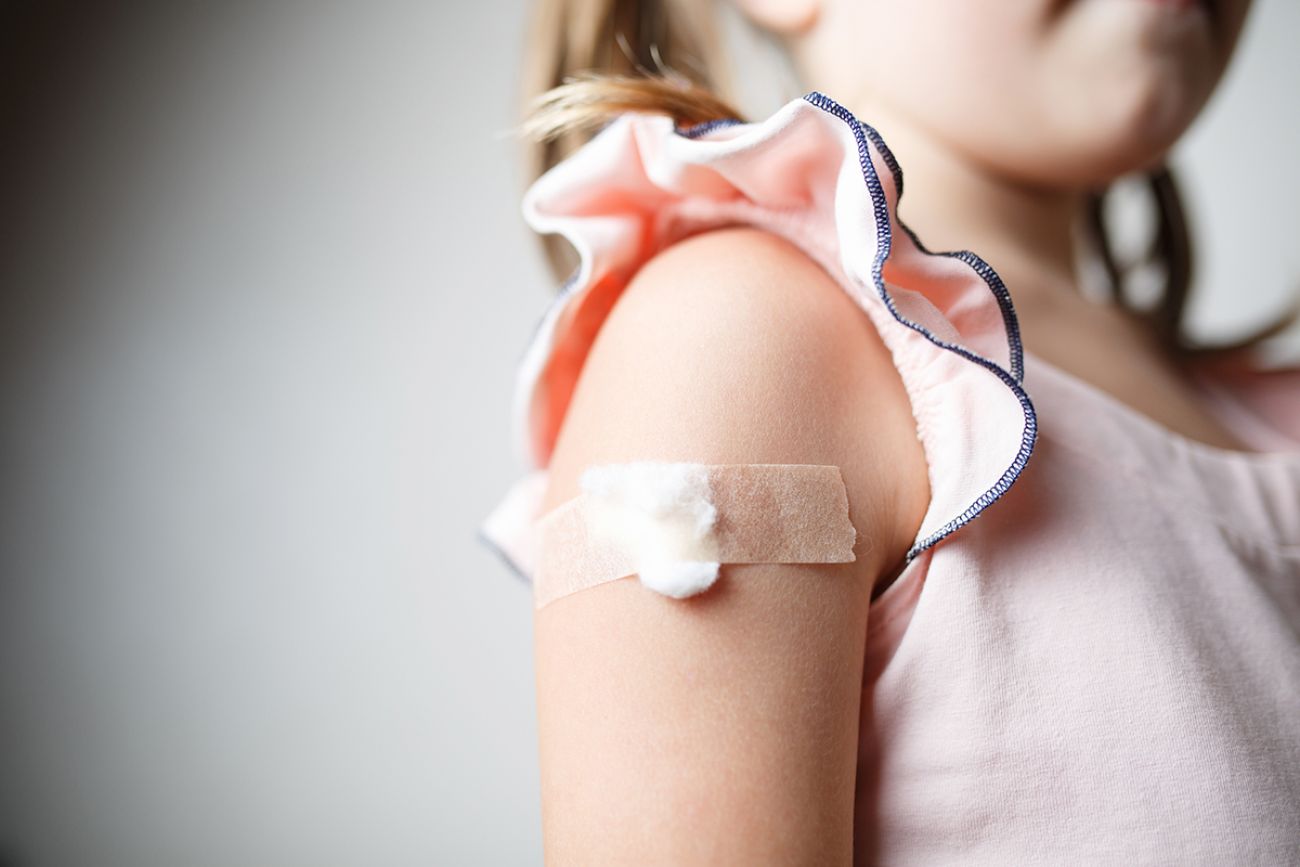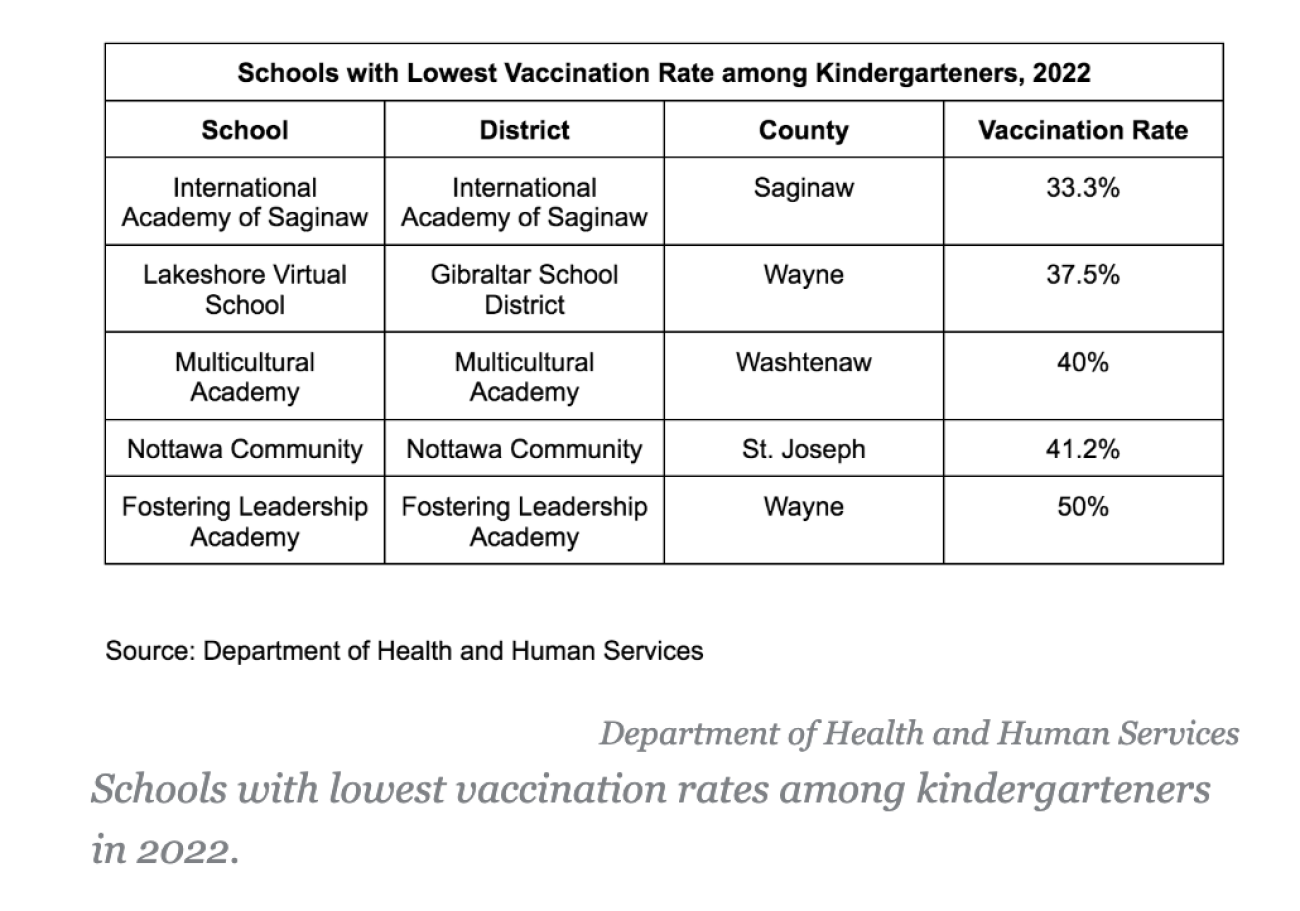Children in the state are required to receive multiple vaccinations to attend school at varying ages. The required vaccinations are:
- Diphtheria, tetanus, pertussis (DTP or DTaP)
- Polio
- Measles, mumps, rubella (MMR)
- Hepatitis B
- Meningococcal conjugate
- Varicella (chickenpox)
Parents can exempt their children from vaccinations by obtaining a medical or nonmedical immunization waiver.
According to the department, a nonmedical waiver is a written statement by parents or guardians describing their religious or philosophical objections to a specific vaccine.
Additionally, any parent or guardian seeking a nonmedical immunization waiver must receive information regarding the benefits of vaccination and the risks of disease from a county health department.
Joseph Fakhoury, the vice president of the Michigan chapter of the American Academy of Pediatrics, said there are multiple reasons for the declining vaccination rates.
“There’s increasing misinformation related to any sort of vaccine,” said Fakhoury, a faculty member at Western Michigan University’s Homer Stryker School of Medicine. “Another big piece of the puzzle is that we did have decreased office visits during the pandemic.”
Fakhoury added that county health departments used to be active with clinics as part of the Vaccine for Children program designed to provide better access to vaccines and pediatricians for children.
“Those clinics shut down during the pandemic to redistribute personnel and staffing to focus on the pandemic,” Fakhoury said.
Fakhoury said that with declining vaccination rates, the state is at increased risk of dangerous outbreaks of deadly diseases that are preventable with proper immunization, similar to Ohio’s recent measles outbreak.
That outbreak resulted in 85 children being infected and 36 were hospitalized. The Centers for Disease Control and Prevention, or CDC, said 94% of those children had not received the MMR vaccine, which protects against measles, mumps and rubella.
According to the Department of Health and Human Services, when fewer than 90% of children in a particular community are vaccinated, an environment where diseases can take hold and spread is formed.
Nationally, 93% of children entering kindergarten during the 2022-23 school year had received the recommended doses of vaccinations, according to the CDC.
The state’s rates are slightly lower, with 90.9% of kindergarteners having received complete vaccination requirements in 2022.







